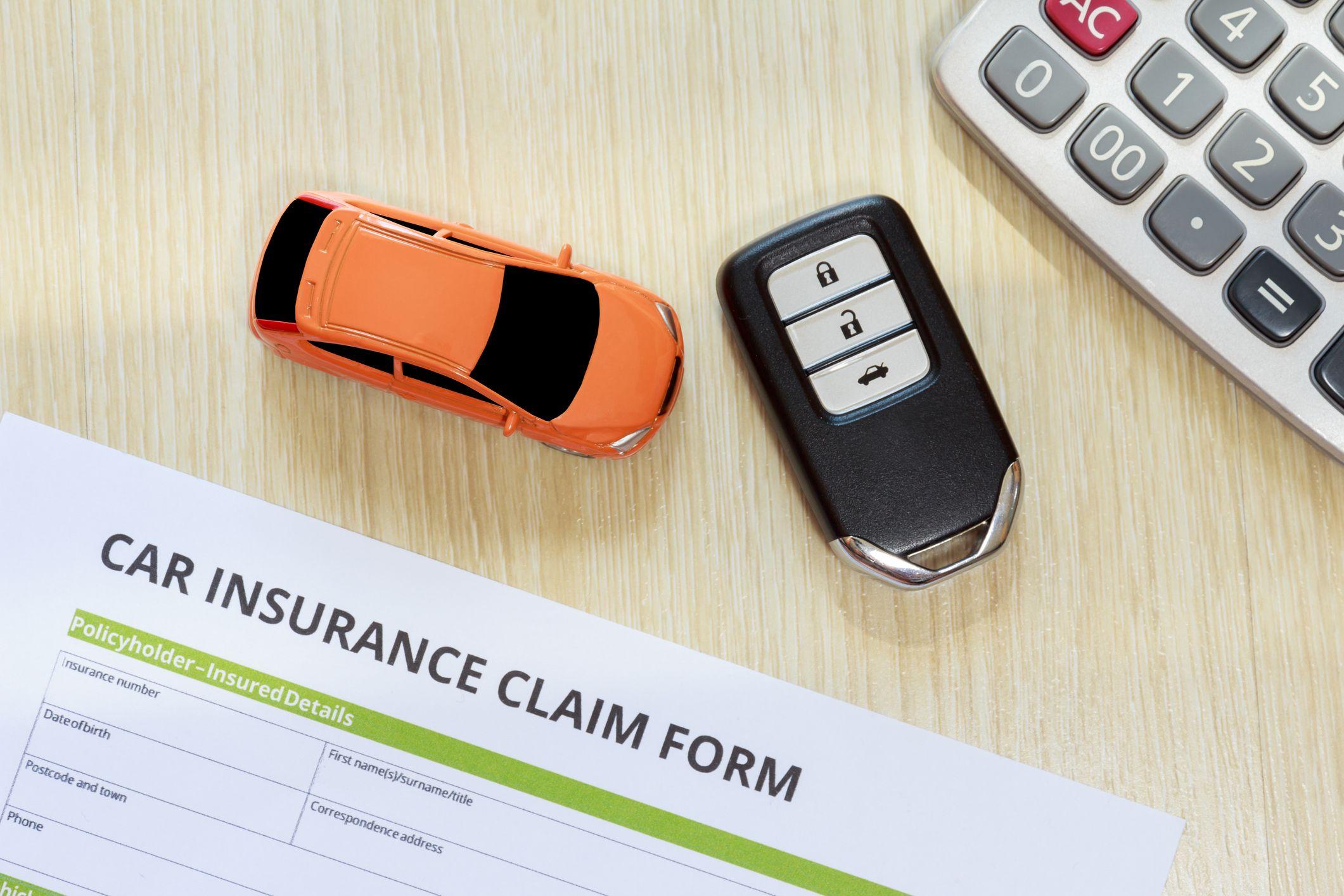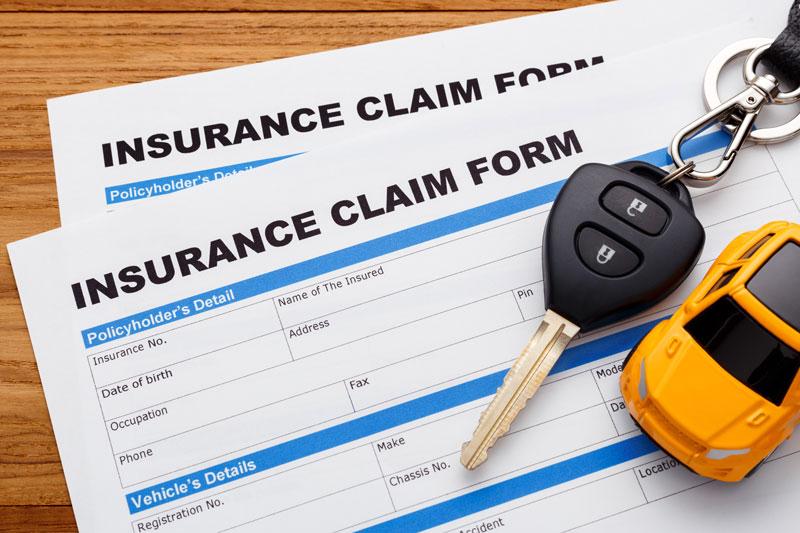Navigating the aftermath of a car accident can be a daunting experience, particularly when it comes to managing the complexities of filing an insurance claim. Understanding the nuances of this process is crucial to ensuring that you receive the compensation you are entitled to and that your vehicle is repaired promptly and effectively. “” is designed to demystify the claims process, providing you with step-by-step instructions and expert insights to help you handle every aspect with confidence and precision. From gathering essential documentation to communicating effectively with your insurance provider, this guide equips you with the knowledge needed to streamline your claim, minimize delays, and avoid common pitfalls. Whether you’re a first-time filer or seeking to enhance your understanding of the insurance landscape, this authoritative resource is your comprehensive companion for navigating the intricacies of car insurance claims.
Understanding the Car Insurance Claim Process
When you’re involved in a car accident, navigating the intricacies of the insurance claim process can feel overwhelming. Understanding the steps involved can greatly ease this burden. Here’s a breakdown of what you need to know to efficiently handle your claim:
- Immediate Action: Right after the accident, ensure everyone’s safety and contact emergency services if needed. Collect all pertinent details, including the other driver’s information, photos of the scene, and witness contacts.
- Contact Your Insurer: Report the accident to your insurance company as soon as possible. Most insurers have a specific time frame for reporting, so don’t delay. Provide them with all the collected evidence and details.
- Understand Your Policy: Familiarize yourself with your policy’s coverage, including deductibles and any specific terms that may affect your claim. This knowledge empowers you to make informed decisions throughout the process.
- Follow Up: Stay in regular contact with your insurance adjuster. This will keep your claim moving and help resolve any issues quickly.
By taking these steps, you can navigate the car insurance claim process with confidence, ensuring a smoother and more efficient resolution.

Essential Documentation for a Successful Claim
When navigating the aftermath of an accident, having the right documentation at your fingertips is crucial for a smooth and successful insurance claim process. Accurate and comprehensive records not only streamline your claim but also fortify your position should any disputes arise. Here’s what you should gather:
- Police Report: Obtain a copy of the official police report. This document provides an unbiased account of the accident and is often essential for your insurer.
- Photos and Videos: Capture clear images and videos of the scene, vehicle damage, and any visible injuries. Visual evidence can significantly bolster your claim.
- Witness Statements: Collect contact information and statements from any witnesses. Their accounts can corroborate your version of events.
- Medical Records: Keep detailed records of any medical treatment received. Documentation of injuries and related expenses is vital for claims involving bodily harm.
- Insurance Information: Exchange and record the insurance details of all parties involved. This includes policy numbers and contact information for their insurers.
By organizing these documents promptly and thoroughly, you lay a solid foundation for your insurance claim, minimizing potential roadblocks and ensuring a quicker resolution.

How to Effectively Communicate with Your Insurance Provider
Establishing a clear line of communication with your insurance provider is crucial to ensure your car insurance claim is processed smoothly. Start by gathering all necessary information before making contact. This includes your policy number, details of the accident, and any supporting documentation such as photos or witness statements. When you’re ready to speak with a representative, be concise and factual in your description of the incident. Avoid speculating or admitting fault, as this could impact your claim.
Here are some tips to enhance your communication:
- Stay Organized: Keep a record of all correspondence, including the names of representatives you speak with and what was discussed.
- Ask Questions: Don’t hesitate to seek clarification on any terms or procedures you’re unfamiliar with.
- Follow Up: If you haven’t received a response within the expected timeframe, contact your insurer to check on the status of your claim.
- Be Polite: Maintaining a courteous tone can facilitate a more productive interaction, even if you’re feeling frustrated.

Strategies for Negotiating a Fair Settlement
Securing a fair settlement after an accident requires a strategic approach. Begin by thoroughly documenting every aspect of the incident. Capture photographs of the scene, gather witness statements, and maintain a detailed record of medical visits and expenses. These pieces of evidence are crucial in building a strong case. It’s also essential to review your insurance policy carefully to understand the coverage limits and terms. This knowledge empowers you to negotiate effectively and ensures that you are aware of what you’re entitled to.
When entering negotiations, consider these strategies:
- Stay Organized: Keep all your documents in order, including repair estimates, medical bills, and communication with your insurer.
- Be Patient: Avoid rushing into a settlement. Take the time to fully understand the extent of your damages and the compensation required.
- Communicate Clearly: Maintain professional and clear communication with your insurance adjuster. Articulate your needs and the basis of your claim confidently.
- Consider Professional Help: If negotiations become complex, consult with a lawyer or a public adjuster who can offer expertise and potentially negotiate on your behalf.
By following these strategies, you increase your chances of receiving a settlement that accurately reflects your losses and aids in your recovery process.
Final Thoughts
navigating the aftermath of a car accident can be a daunting experience, but being well-informed about the claims process can significantly ease your burden. By following the comprehensive steps outlined in this guide, you can ensure that you approach your car insurance claim with confidence and precision. Remember to document every detail meticulously, communicate effectively with your insurer, and advocate for your rights throughout the process. With a clear understanding of your policy and the claims procedure, you are well-equipped to secure the best possible outcome. Stay proactive, stay informed, and let this guide be your trusted resource as you move forward.

